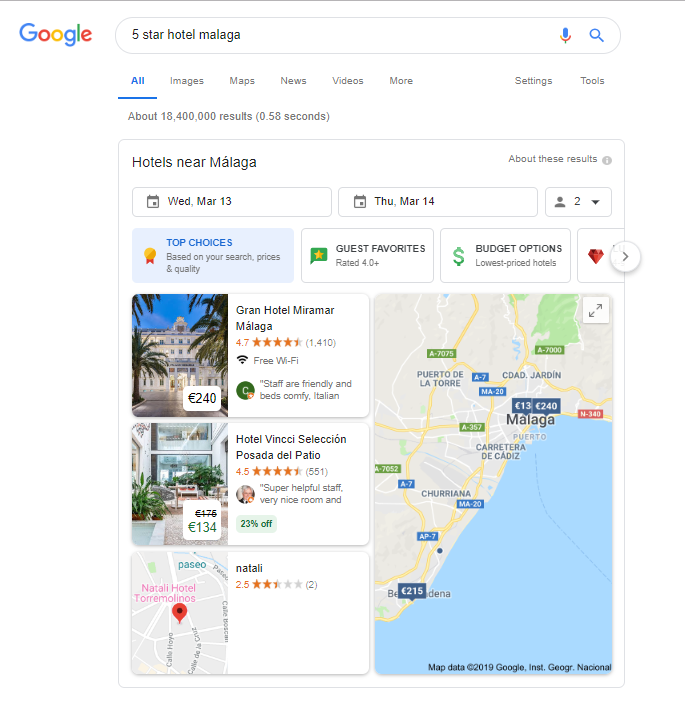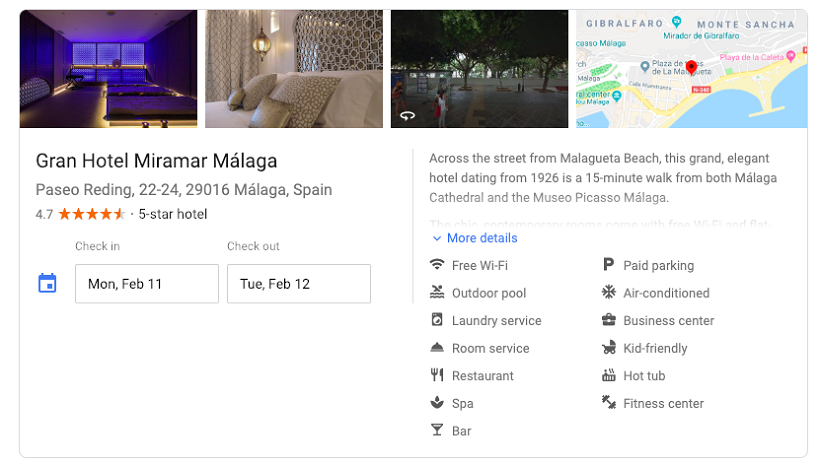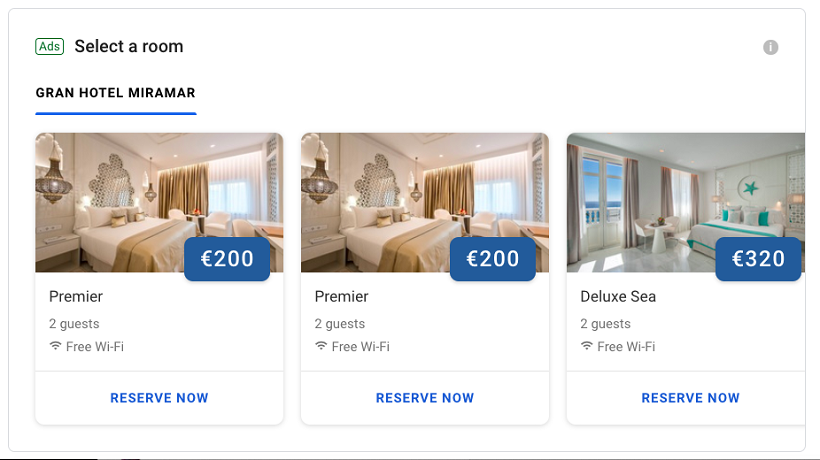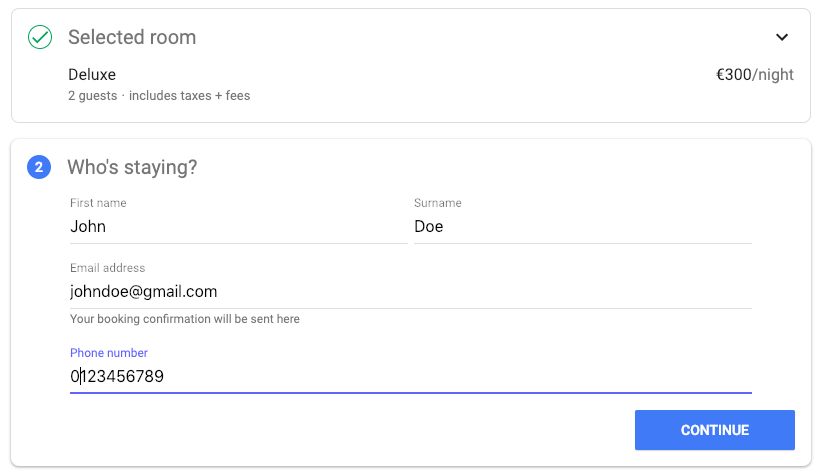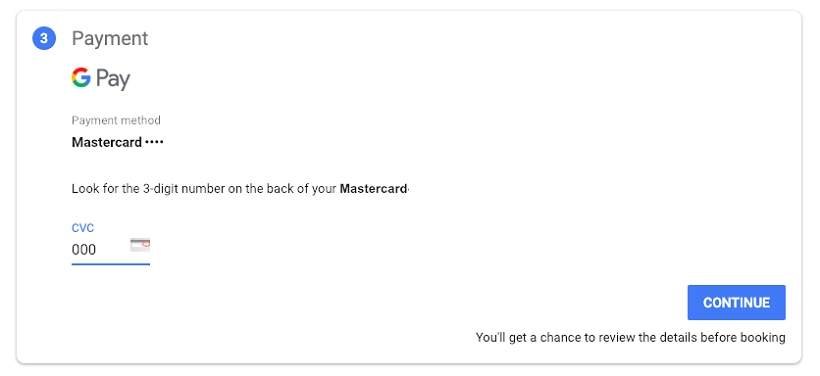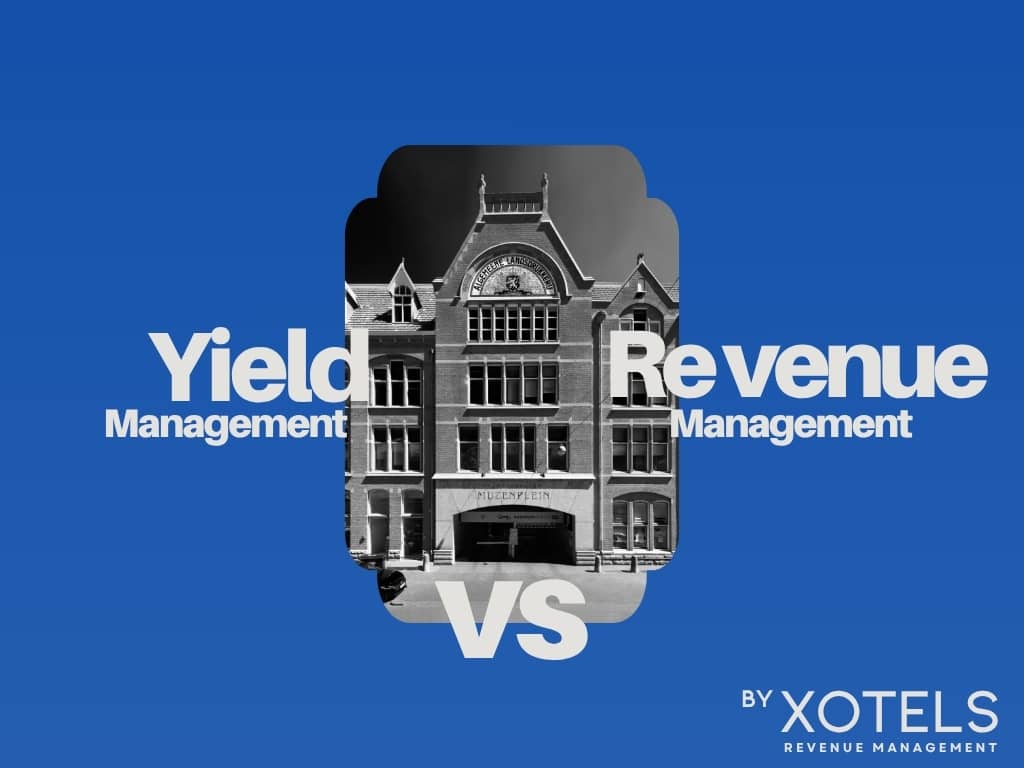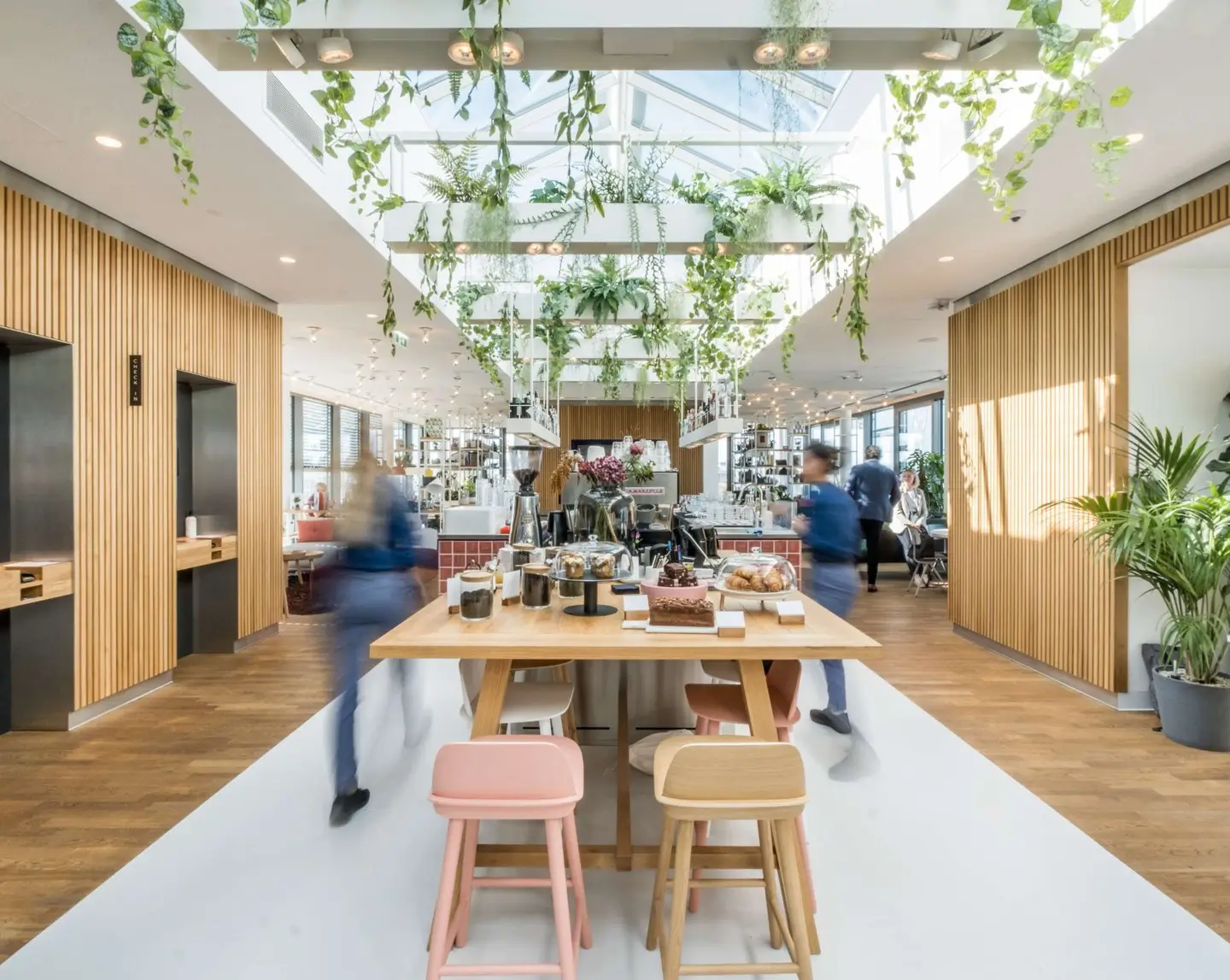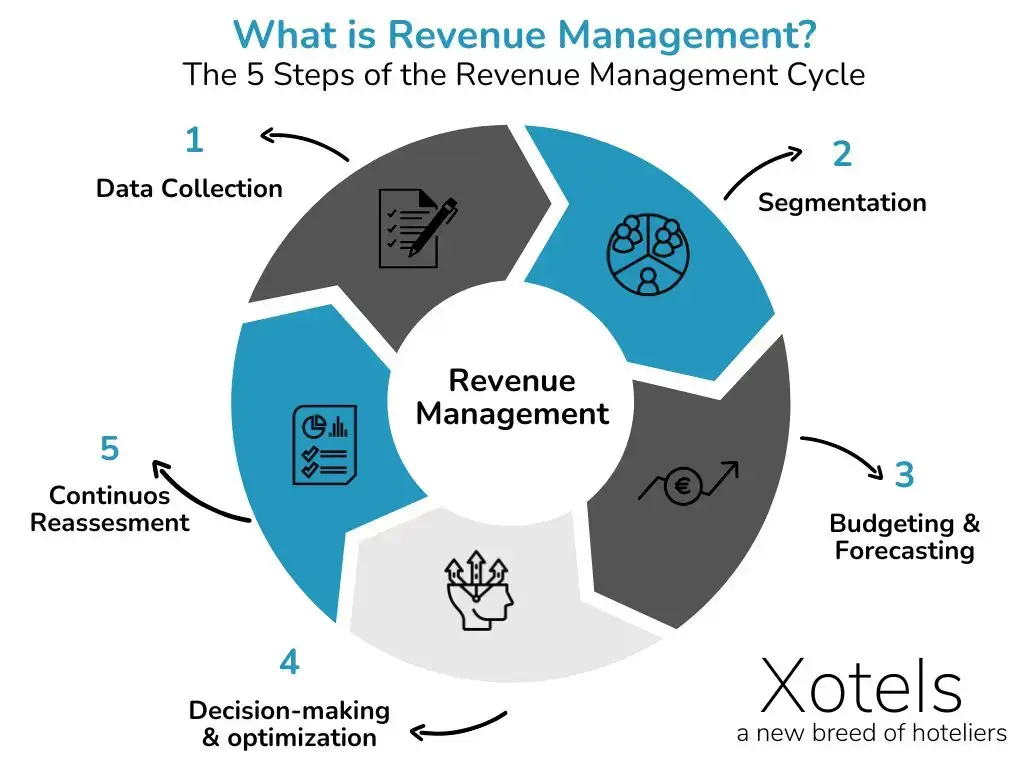Top 5 Revenue Management and Distribution Tips For 2025
Adapt and evolve: forget about practice
In his book Outliers, author Malcolm Gladwell popularized what became known as the 10,000-hour rule, by documenting the lives of successful people such as Bill Gates, Mozart and the Beatles. “Ten thousand hours is the magic number of greatness”, he wrote, inspired by the work of Daniel Levitin, the neurologist who scientifically proved that “10,000 hours of practice are required to achieve the level of mastery associated with being a world-class expert in anything”.
The theory is fascinating, though, not always reliable, especially in our field of hotel revenue management and distribution, where adjectives such as disruptive are frequently (over)used and success is measured more on innovation rather than consolidation. A defining factor here is the ability to adapt and evolve!
As Marty McFly (from Back to The Future, a movie the more seasoned hoteliers amongst use watched in their younger years) once wisely said, “I guess you guys aren’t ready for that yet. But your kids are gonna love it”. So, what exactly are our kids going to love when it comes to hotel distribution and revenue management? Here are my Fab Four tips for this year. No buzzwords, no hype. Just pragmatism.
1. GET MORE RIGID WITH CANCELLATION POLICIES AND FOCUS ON PACKAGES
As revenue managers know way too well, high cancellation rates mean worse forecasting and, ultimately, less profit. According to several studies, Booking.com has over 100% more cancellations than hotel’s official website, so hoteliers should limit the phenomenon by creating more rigid cancellation policies or preferring Not Refundable Rates over BARs. Make sure to have a solid rate strategy in place and avoid last-minute-panic prices (often the main reason for last-minute cancellations).
According to a recent Expedia survey, “package travelers typically book further in advance, stay longer and are less likely to cancel due to the non-refundable flight element, which helps revenue managers to take more balanced and far-sighted decisions and forecast with higher accuracy. On average, customers who purchase vacation packages book more than 2 times longer than customers who purchase hotel only, they stay on average 2 times longer and cancel at 1/3 the rate as a standalone booker”. So make sure to integrate package rates in your revenue strategy. But better make d.mn sure to price them well, so you don’t erode you revenue potential …
2. IF YOU CAN NOT PROTECT FROM BRANDJACKING, MAKE SURE TO HAVE A STRONG GOOGLE HOTEL ADS PRESENCE
You may have heard about the recent Google ads trademarks policy update. Up until last October, hotels could file a complaint with Google for trademark infringement, as I explained in this article. Unfortunately, Google now allows virtually any advertiser to bid on your hotel name. At this link, in fact, you can read that “Advertisers may use a trademark term in ad text if they are a reseller of, offer compatible components or parts for, or provide information about the goods and services related to the trademarked term”. How to fight back? You can, of course, invest in brand protection on the main search engines, but a more effective strategy may be to strengthen your presence on the Google metasearch engine. By connecting your booking engine directly on the Google Hotel Ads program, you will be able to sell your rooms directly, undercutting intermediaries. Google offers different price models: commission, ROI, or bid, so it is a virtually risk-free investment. Moreover, Google uses machine learning to maximize ROI, so the human factor involved is very limited. Make sure that your IBE supports GHA at this link and get some direct revenue back!
3. FACILITATED IS THE NEW DIRECT
You’re very likely familiar with TripAdvisor’ Instant Booking, but what about BoG? BoG (short for Book on Google) allows internet users to book a hotel without leaving the SERP. The concept of facilitated booking is nothing new, but when the booking is facilitated by Google, there are good chances that it will be an Industry game-changer. Until last year, BoG was only available in a few markets (US, UK, Australia and New Zealand), but it has now rolled out in over a dozen European Countries as well. Reducing the friction during the booking process is a problem that our Industry has been trying to solve for over a decade, with little to no success. It’s indicative that Google decided to integrate Hotel Ads directly in the Google Ad (former Adwords), and in a future not so far away (summer?), you would be able to cross-advertise between the two channels, improving ROI and ad pertinency. For the time being, Google doesn’t always show Book on Google in their Google Hotel Ads snippet. Below, find an example on how to view BoG:
Example of BoG Reservation
Step 1: Hotel Selection
Step 2: Select your date
Step 3: Select a Room
Step 4: Guest Data
Step 5: Payment
4. GET HELP FOR DECISION MAKING: REVENUE MANAGEMENT SYSTEMS
Due to the ever-increasing complexity of hotel distribution, pretending to keep working without some level of automation or data aggregation is nuts. With micro-service systems on the rise, agile PMS and inexpensive cloud-native technology, 2024 will be the year virtually any property will be able to implement some kind of Revenue Management System. Remember when we had to aggregate tons of data and create NASA-engineer-level-of-complexity formulas on Excel sheets? Thank God, we survived the 90’s, so machines can now do it for us. Modern RMS, in fact, are designed to optimize performances and help your daily sales strategies, providing easy-to-read reports/dashboards and suggestions about rate, inventory and distribution strategy in real-time, without the burden of manual data aggregation. RMS are great for both GMs of small properties in need of simple, low BS indications on what prices to upload and for geeky cluster revenue manager in love with advanced data and segmentation. With algorithm getting more sophisticated by the day (Moore’s Law anyone?) and AI cutting down pretty much all the data noise, RMS are way more than a simple Industry buzzword.
5. WORK WITH OTAs, NOT AGAINST THEM
Even though it seems like hotel distribution is an ever-moving target, there are clear patterns and trends. According to Phocuswright, for example, 2016 was “the first year when OTA lodging bookings in the U.S. exceeded total hotel website gross bookings”. On Forecasts expect OTAs to reach over 40% market share by next year, meaning that, despite above-the-line marketing, targeted discounts and revamped loyalty programmes, consumers are not shifting to direct as their primary booking option as intensely as we all hoped for. Moreover, OTA distribution is basically a duopoly: even though there’s still (a little) space for local OTAs, Booking.com and Expedia remain the most solid and reliable distribution channels for any kind of property.
Having that in mind, hotels should start reconsidering their relationships with them: embracing OTAs does not mean dropping all direct booking strategies. Hotels need to understand the intrinsic characteristics of each distributor, moreover, in an age where OTAs and wholesalers flex their rates across metasearch engines or marketplaces, it is very unlikely that users will simply “stop clicking around”.
Leverage the OTA in your advantage, use them to get reach and exposure for your hotel. And create direct sales spin-off. This is what is working for us at Xotels …
THE FINAL WORD
Work with OTAs, review your cancellation policies, advertise on GHA and keep an eye on facilitated bookings. Pursue a holistic approach, don’t focus on just one single element. Otherwise you will sell yourself short …
Look forward to any other ideas or suggestions from you …
Share This Story, Choose Your Platform!

About the Author:
As CEO and Founder of XOTELS, Patrick Landman has made it his mission to turn hotels and resorts into local market leaders. XOTELS´ diverse expertise and deep-knowledge across revenue management consulting, hotel management, and hotel consulting, enables us to drive results for independent boutique hotels, luxury resorts, and innovative lodging concepts. Below you will find opinion articles written by Patrick Landman.


